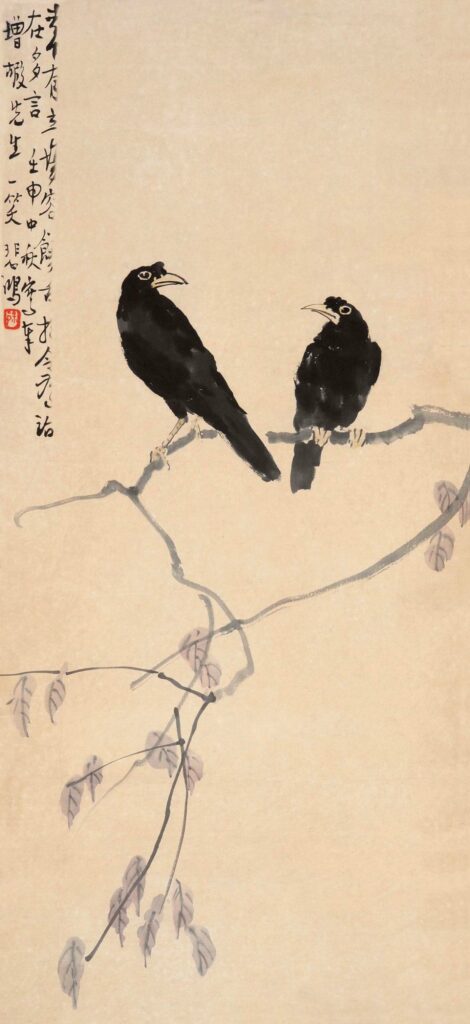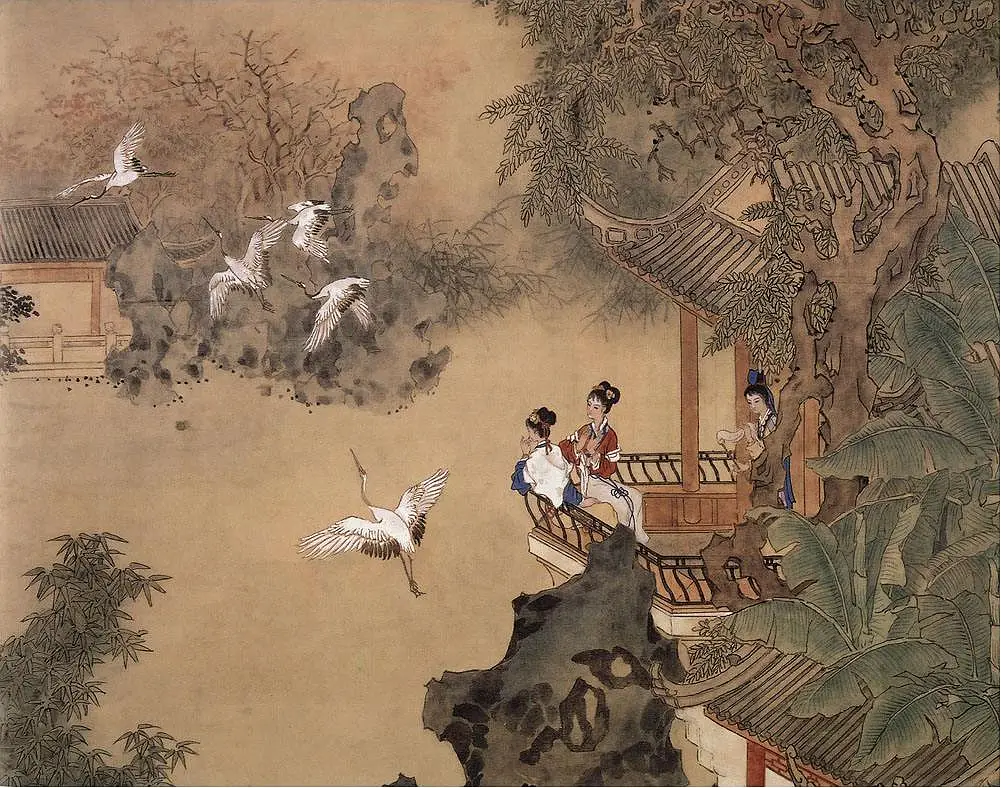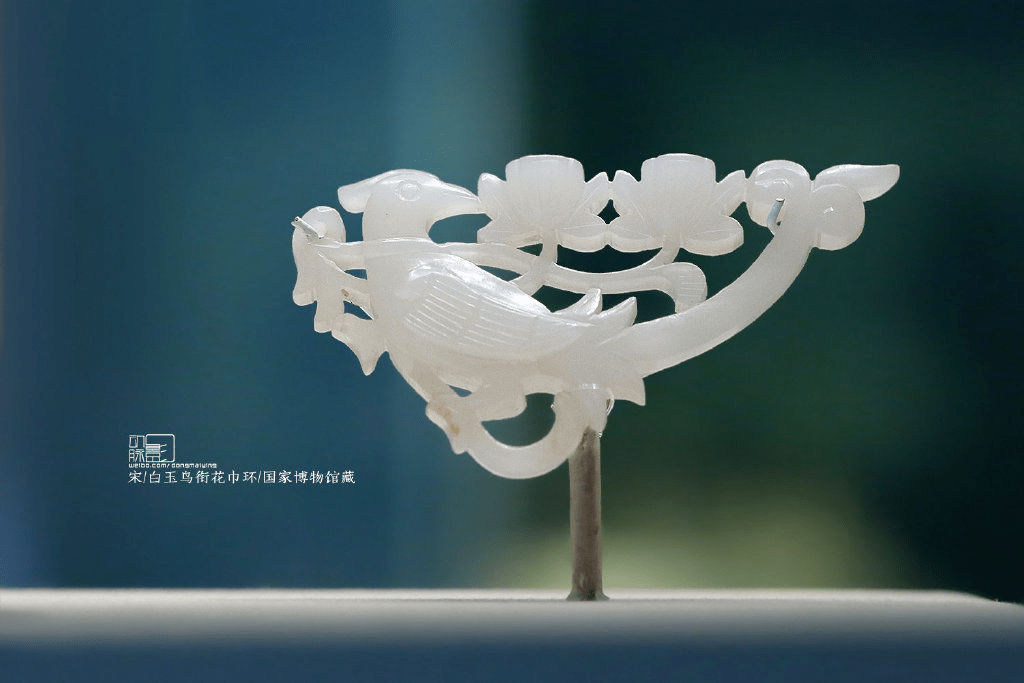The Chang of the Tiger
He saw a little ghost, shaped like a seven or eight year old boy, without clothes.
Towards the end of the Kaiyuan Dynasty, Yuzhou experienced numerous cases of tigers attacking people. Despite setting up traps with mechanisms, none proved successful in catching a tiger.
One moonlit night, a man climbed a tree and patiently waited. He spotted a small ghost resembling a seven or eight-year-old boy, unclothed, strolling nearby. The boy wore turquoise-colored top and bottom clothes.



